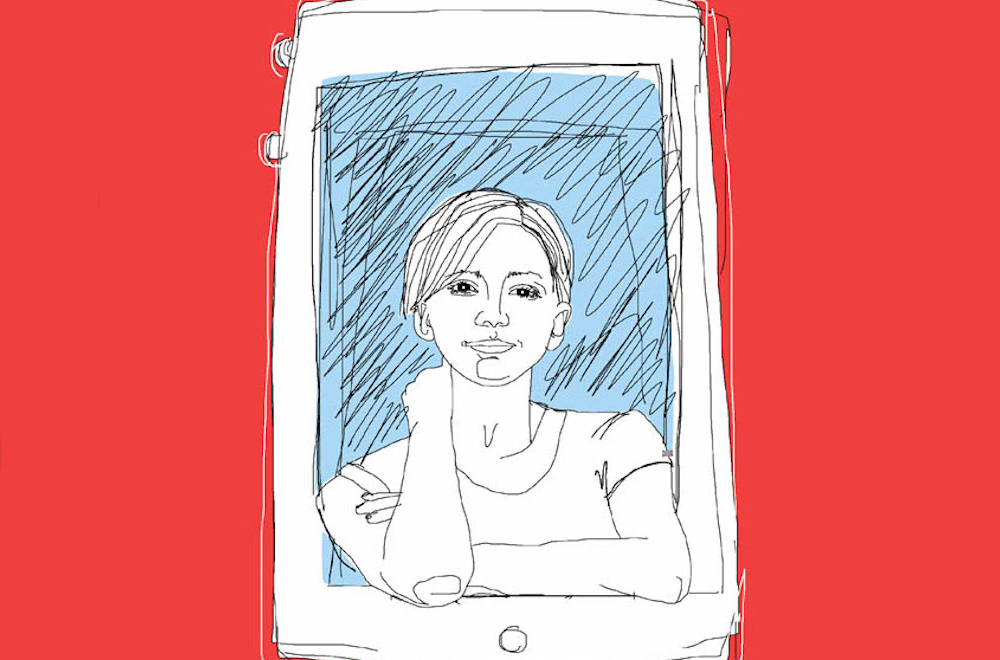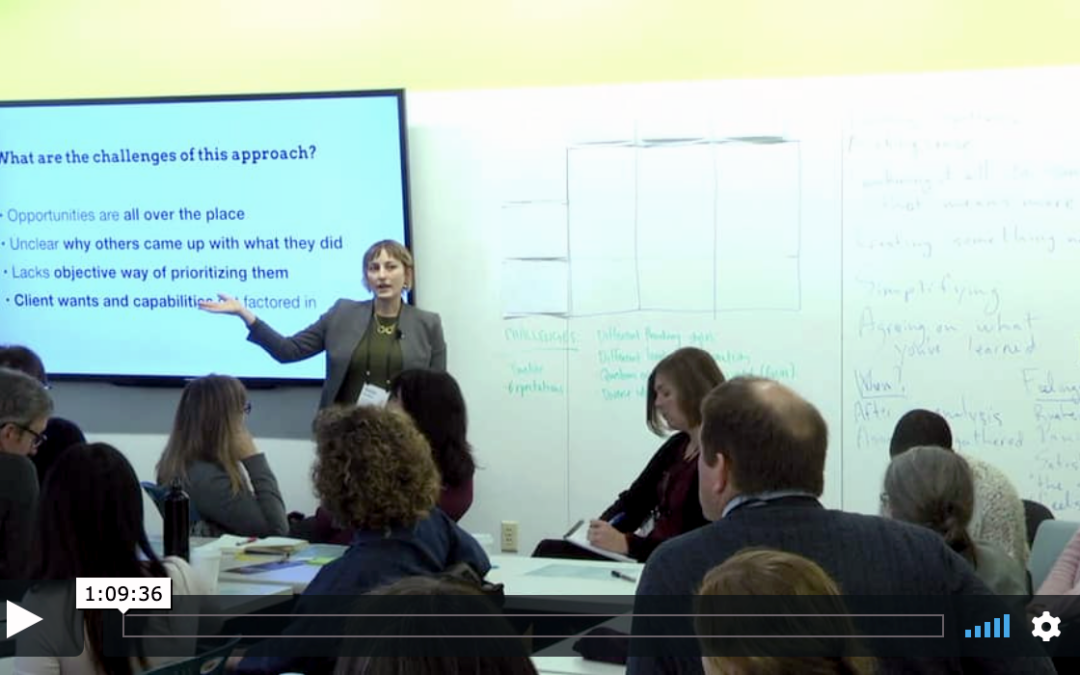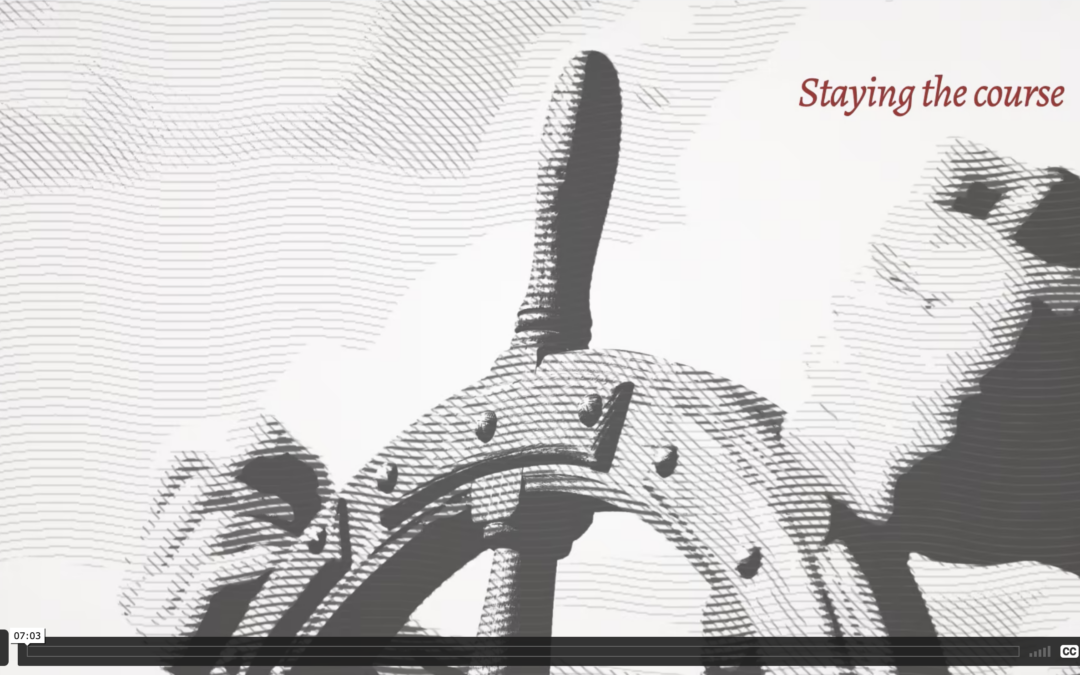Margaret Morris interviewed by Anna Zavyalova Public debate has rightly focused on the perils and toxicity of new technologies, and questioned the motivations of the companies building them. Meanwhile though, people are creatively adapting technology to their own social and psychological needs....




